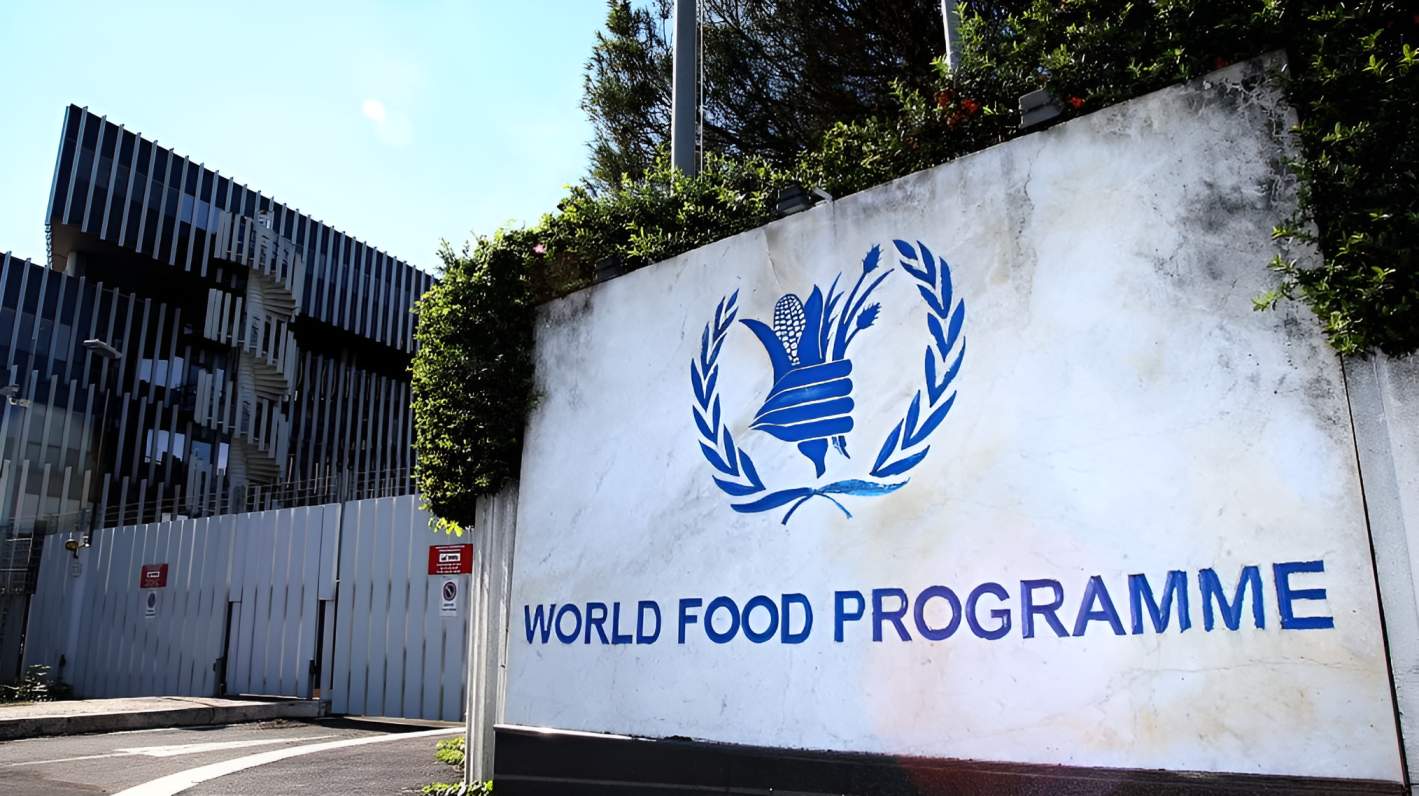WFP to stop cash aid in Kenya as Sh5.7 billion shortfall bites

The funding gap, caused by a sharp decline in donor support, threatens to disrupt aid to thousands of refugees and vulnerable people who rely on WFP’s help.
The World Food Programme (WFP) says it will stop all cash assistance programmes in Kenya from June unless it receives urgent funding of Sh5.7 billion to cover a current shortfall.
The funding gap, caused by a sharp decline in donor support, threatens to disrupt aid to thousands of refugees and vulnerable people who rely on WFP’s help.
WFP supports around 720,000 refugees and internally displaced people across Kenya, but the agency says that without additional funds, food assistance will be cut drastically.
"Around 720,000 refugees supported by WFP in Kenya will, from June, receive an in-kind food ration of just 28% and all cash assistance will halt unless additional funding is received," the organisation said in a statement.
The number of refugees entering Kenya, many fleeing drought and conflict in Somalia and South Sudan, has increased faster than the resources available to the WFP.
This has put severe strain on the agency’s operations and limited the assistance it can offer.
"WFP’s operations supporting refugees in Kenya are under immense strain,” said Baimankay Sankoh, WFP Deputy Country Director in Kenya.
“With available resources stretched to their limits, we have had to make the difficult decision to again reduce food assistance. This will have a serious impact on vulnerable refugees, increasing the risk of hunger and malnutrition,” he added.
Kenya is currently home to about 830,000 refugees and asylum seekers, a number that has grown by more than 70% since 2020. Many of these people face food insecurity and malnutrition, making continued aid critical.
The UN agency highlighted the severe nutrition crisis among refugees, noting that “Global Acute Malnutrition (GAM) rate among refugee children and pregnant or breastfeeding women in Kenya is above 13%.
A GAM rate over 10% is classed as a nutrition emergency, particularly in refugee settings, meaning urgent intervention is required to prevent life-threatening complications from malnutrition.”
Without urgent additional funding, the WFP’s cash and food assistance programmes in Kenya risk collapsing, with potentially devastating consequences for refugees and internally displaced persons.
